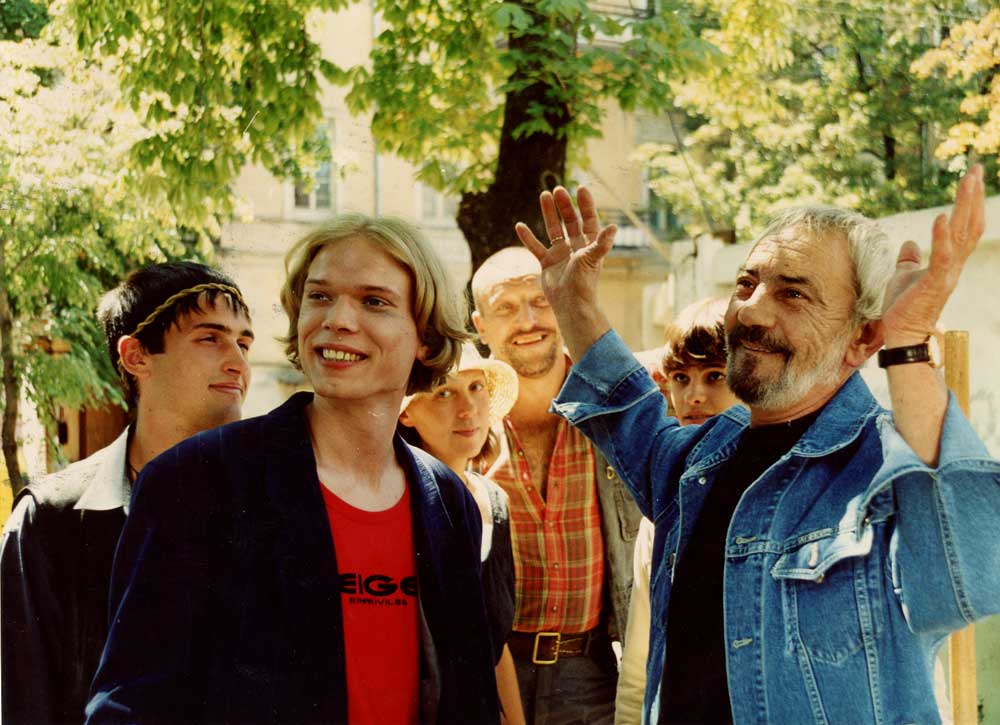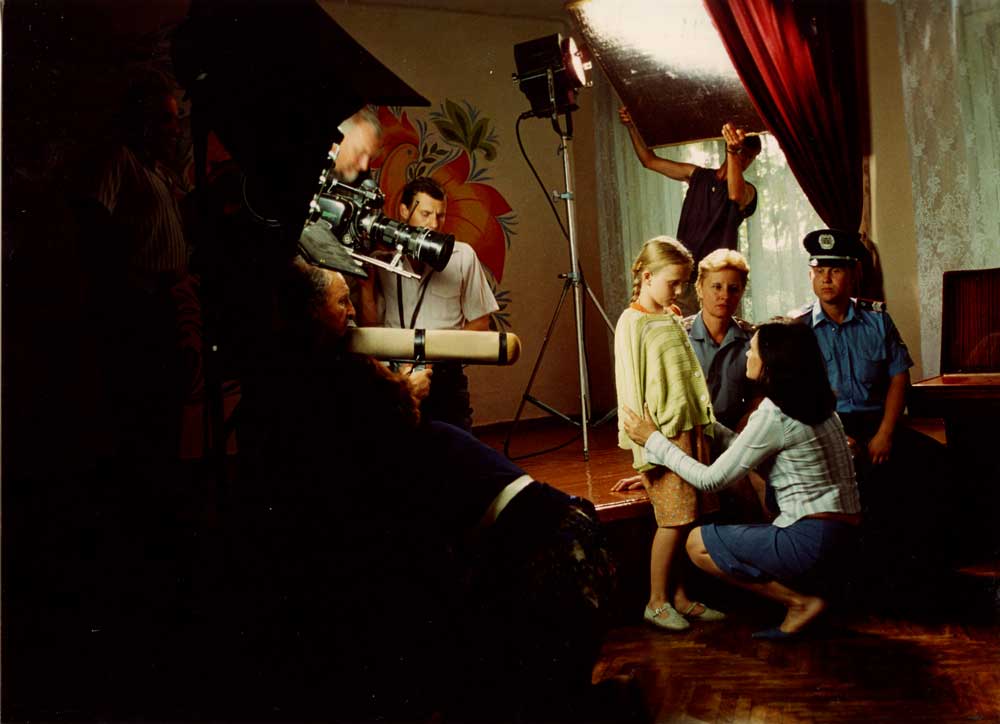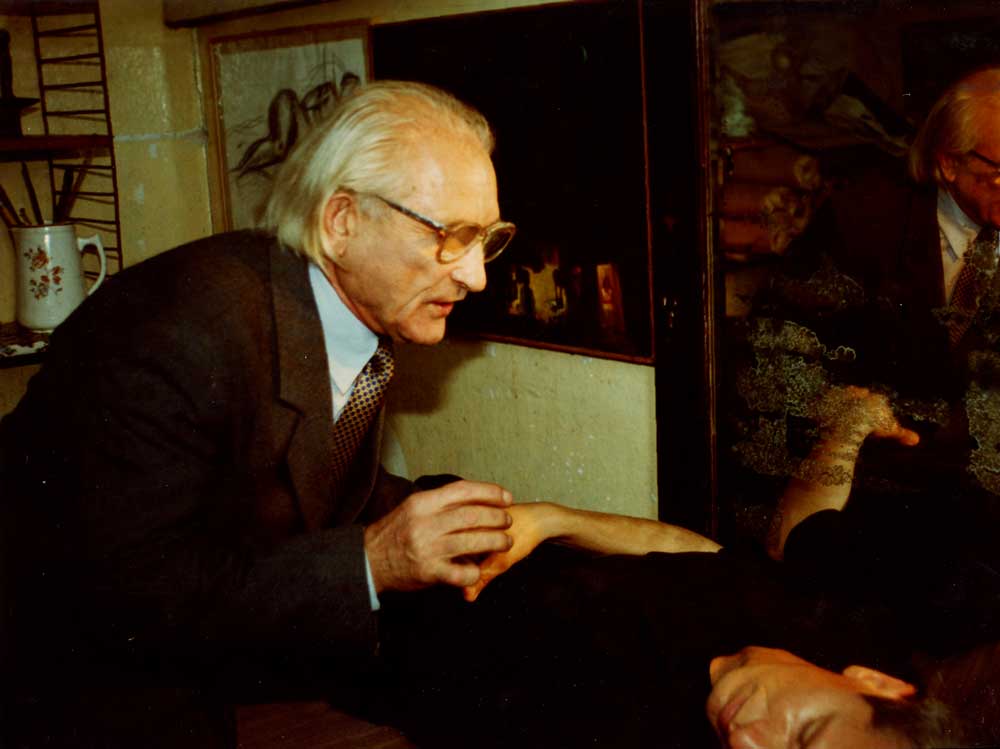
An Effect of Presence / Efekt prysutnosti
2004
Ukraine, Odesa Film Studio
115 min
Leonid Pavlovskyi
Oleksii Leontiev, Yurii Razumovskyi
Serhii Kolbiniev
Valerii Bassel, Anatolii Trukhin, Volodymyr Nosyriev, Oksana Pastushenko, Serhii Yurkov, Iryna Okhotnichenko, Andrii Biesieda, Oleksandr Boiko, Illia Volokin, Borys Smyrnov, Kateryna Bondar, Ihor Bozhko, Oleh Novaiev, Voladymyr Ostrovskyi, Natalia Demitrova, Larysa Korshunova
An Effect of Presence is a sad, honest, and colorful document of the stagnation and cultural crisis of the early 2000s. A group of Odesa intellectuals heads to a cemetery to a symbolic stone and reminisces about the legends of South Palmyra. Parallel micro-stories in the film, united by Pushkin, the tram, and the Odesa Film Studio, unfold alongside. The poetic cultural past, with poets Semen Kirsanov and Ivan Bunin, and artists of the South Russian school, emerges as a space for salvation from the atmosphere of fear, inflation, and the redevelopment of the Film Studio into new expensive housing.
In Pavlovskyi’s work, tragicomedy flows into documentary, criminal story, and sometimes even a musical. The central conflict of the film, also known as The Credit, becomes the clash between enthusiasts of Odesa folklore, cinema, and the past, and the new masters of life with their uncertain and meager future.
The only to this day directorial film by Leonid Pavlovskyi of independent Ukraine, tempts one to count him among the most ardent followers of Kira Muratova style. In An Effect of Presence, we encounter typical of Muratova vocal polyphony and a cast of Muratova’s actors, including eccentric Anatolii Trukhin, Iryna Tokarchuk, Heorhii Deliev, and singer Natalia Demitrova.
Pavlovskyi himself acted in five of Kira Muratova’s films, so the influences are not accidental. At the same time, the director manages to make a film that Muratova herself could not have made – there is the new Ukrainian (not Soviet) Odesa in it – somewhat more vital, youthful, and crazy. It also contains numerous cinematic allusions, with quotes from Odesa cinema – from the chronicles of Vira Kholodna’s funeral to Spring on Zarechnaya Street (1956).



